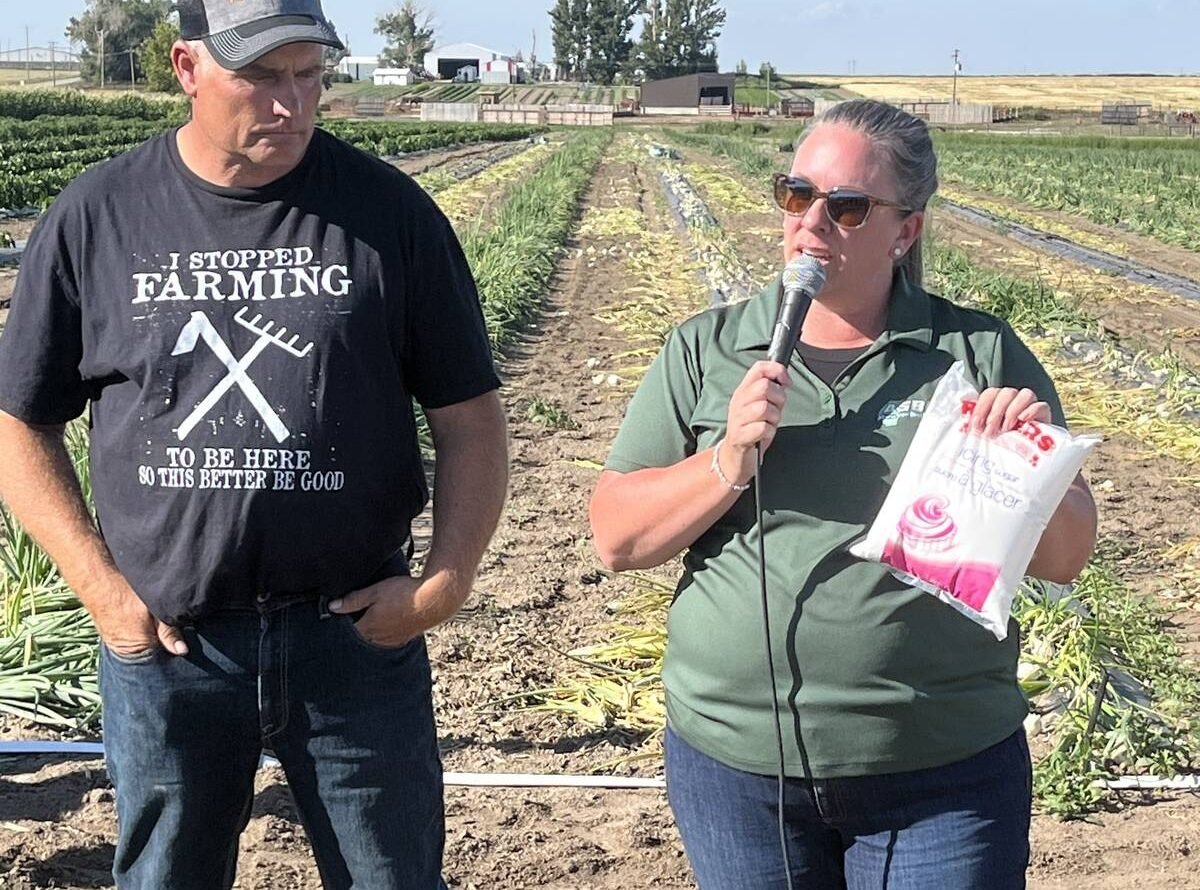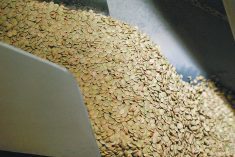SINGAPORE/PARIS, May 2 (Reuters) – Chicago wheat futures dropped to a three-week low on Monday, falling for a fourth session, as rains in key growing parts of the U.S. Plains provided much-needed relief to the crop.
Corn and soybean prices eased with focus on U.S. planting.
“The trigger for the fall seems to have been the prospect of some much-needed rainfall in very dry Hard Red Winter (HRW) wheat regions,” said Tobin Gorey, director of agricultural strategy at the Commonwealth Bank of Australia.
Read Also

Alberta’s beets a sweet domestic segment in Canada’s sugar supply
The sugar beet industry is showcased during a Farm to Table tour, as Taber features the last remaining sugar beet processing plant in all of Canada.
“The rainfall up until Sunday morning was not impressive, sprinkles in south west Nebraska are not relief. The rainfall though might have accelerated through Sunday. And the rainfall opportunity extends into this week.”
The most-active wheat contract on the Chicago Board of Trade (CBOT) was down 1.0 percent at USD$10.44-3/4 a bushel, as of 1045 GMT, after hitting its lowest since April 8 at USD$10.34-1/4 a bushel earlier in the session.
Corn fell 1.6 percent to USD$8.00 -3/4 a bushel and soybeans lost 1 percent to USD$16.67-1/2 a bushel.
Conditions for U.S. winter wheat have fallen to their weakest since 1989, but recent rains have provided relief to crops as they approach key phases of development.
Losses in the corn market were limited by concerns over dry weather in central Brazil. Like the later U.S. harvest Brazil’s main corn crop is seen as critical to help offset disruption to Ukrainian exports.
Ukrainian President Volodymyr Zelenskiy said on Monday Ukraine could lose tens of millions of tonnes of grain due to Russia’s control of Black Sea shipping, triggering a food crisis that will affect Europe, Asia and Africa.
Strategie Grains consultancy raised its forecast for this year’s sunflower crop in the European Union to take account of a rise in area as farmers use an EU authorisation to use fallow land to compensate for potential shortages in Black Sea supplies.
European rapeseed front-month contract August was down 3.9 percent to 826.75 euros (USD$869.41) a tonne after hitting a three-week low of 824.00 euros in earlier trade.
Large speculators cut their net long position in CBOT corn futures in the week to April 26, regulatory data released on Friday showed.















